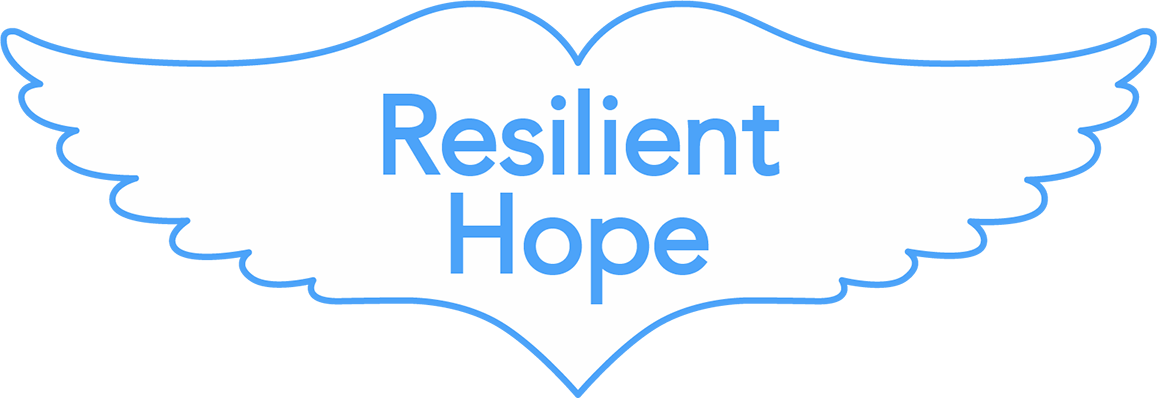Resilient Hope
Creating Multimedia Resources for Mass Violence Survivors

About Resilient Hope
Resilient Hope is a 501(c)(3) non-profit organization that hosts an online library of multimedia resources for those affected by mass violence. These resources aid survivors in their recovery process by providing numerous examples of common reactions to hardship, as well as research-based information on trauma recovery.
Resilient Hope provides survivors with a safe, private space where they can take refuge, feel understood, and find resources to help them heal. When these viewers feel ready, Resilient Hope invites them to share their own experiences of resilience. Having a place to share their journey toward healing, survivors will be able to turn their darkest times into beacons of hope for others.
Currently, Resilient Hope is being run by volunteers who are actively creating content for the site. In order to scale this effort to positively affect more people, we are seeking financial assistance to support operating costs.
Our Mission
Resilient Hope’s mission is to aid mass violence survivors in their recovery process through the power of multimedia.
Through the work of Resilient Hope, we envision mass violence survivors sharing their experiences and serving as guides to help others through the tumultuous landscape of trauma.

The Story Behind Resilient Hope
On April 20, 1999, Resilient Hope’s founder, Kathy Carlston, was a Freshman at Columbine High School when two senior classmates launched an attack that would leave themselves and 13 others dead. Dozens more were physically wounded and hundreds of her peers faced years of emotional pain and trauma. Kathy spent the majority of the incident in a classroom with thirty classmates, where the mortally wounded Coach David Sanders took refuge after being shot twice through the chest. Sadly, minutes after Kathy and the rest of the science wing were evacuated, Coach Sanders passed away. The events of that day left Kathy in more pain and anguish than she knew how to handle.
Thirsting for healing amidst horror and grief, Kathy and her classmates began to walk down an uncharted course. When they were most uncertain of what healing could look like, Gerda Weissmann Klein, a holocaust survivor, visited the students of Columbine and shared her story with them. Through the power of Gerda’s story, Kathy and others were able to see a spark of light. Perhaps healing and living a happy life was not as impossible as they had feared. They now had a real, tangible example of hope for a bright future in Gerda’s resilient story – a template that inspired them to keep going.
Since Kathy’s experiences at Columbine in 1999, she graduated from film school and became a filmmaker, working on several movies, including The Avengers, Oz: The Great and Powerful, Captain America, and more. After hearing of tragedies all over the world, she decided to use her talents as a filmmaker to work toward building a library of multimedia resources for survivors mass violence.
